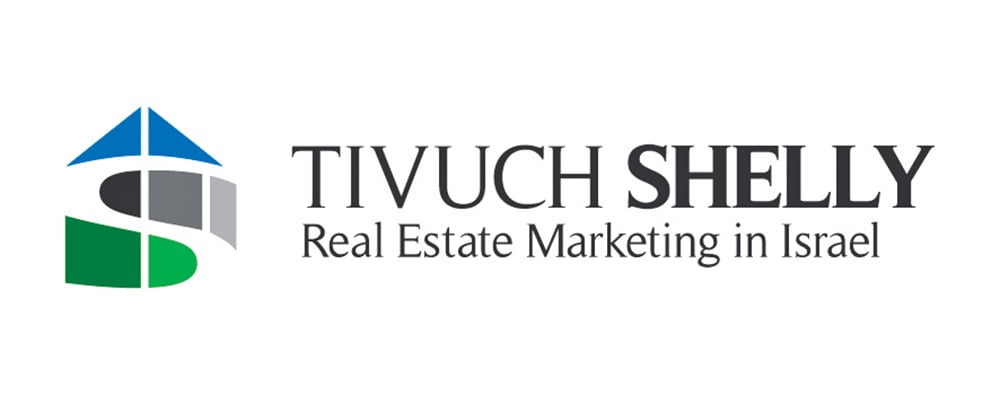Wherever your aliyah journey takes you, managing a household in Israel can feel like juggling plates while riding a unicycle. It’s a little chaotic and if you’re not careful, something’s bound to crash. But don’t worry — it’s all part of the adventure. With a few tips and tricks, you’ll soon be navigating Israeli household management like a pro.
First, there’s budgeting for and paying your bills. In Israel, you’ll need to tackle utilities like water (mayim), electricity (chashmal), gas (gaz), and the infamous arnona — your municipal property tax. While paying taxes may not sound thrilling, it does cover essential local services like garbage collection, street cleaning and public parks. If you’re a new immigrant, you might qualify for a discount — check with your local municipality (iriya) or talk with an Olim Paveway personal guide and see if you qualify.
Next, there’s va’ad bayit. This is your building maintenance fee. It covers everything from keeping the stairwell lights on to maintaining the elevator (if you’re lucky enough to have one). Make sure you know how much your va’ad bayit costs each month and budget accordingly. It’s one of those expenses that sneaks up on you if you’re not careful.
When it comes to paying these bills, try to set up a hora’at keva, or automatic payment, for as many as possible (a Paveway melave can help you with that, too.) Trust me, you don’t want to miss a payment and end up with your water cut off in the middle of August. For bills that don’t allow automatic payments, make a habit of paying them as soon as they arrive. Many, but not all, services like arnona can be paid with a foreign credit card, but double-check each one to avoid surprises.
Speaking of surprises, keep receipts for everything. Not only does it help with budgeting, but it also comes in handy during tax season or if you need to dispute a charge.
Israeli supermarkets can be a mixed bag. Big chains like Shufersal, Osher Ad or Rami Levy are great for stocking up on staples, but prices can be steep for specialty items. The local grocery store (makolet) often has fresher options. Produce markets like the shuk generally have better deals on seasonal fruits and veggies. Most of all, get to know your local merchants. A friendly relationship can sometimes get you discounts or at least the freshest picks.
When deciding where to shop, think about what you need. Big supermarkets are better for bulk purchases and non-perishables, while local shops are ideal for fresh produce, dairy and baked goods. Keep an eye on weekly sales and don’t be afraid to shop around. It might take a little extra effort, but the savings do add up.
One thing to avoid, though, is rolling credit or installment plans (tashlumim). In Israel, it’s easy to fall into the trap of paying for purchases over several months. While it may seem tempting, it will only delay the inevitable and could fool you into living beyond your means. Stick to paying in full whenever possible.
And here’s a pro tip: Get familiar with online payment options. Many services and stores allow you to pay through apps or websites, making life much easier. Just ensure you’re using secure platforms.
Finally, take a deep breath. Managing a household in Israel might feel overwhelming at first, but it’s also a chance to immerse yourself in the local culture. So grab your calendar, set reminders for those bills and start building relationships with your neighbors and local shopkeepers. Before you know it, you’ll be running your Israeli household like a seasoned sabra.
Olim Paveway’s Olim Toolbox offers timely tips for anyone moving to or visiting Israel.
Join our WhatsApp at chat.whatsapp.com/Ic8dnfdNlspgaptmccktbf for more tips. Chat with our experts live on Zoom, Sundays at 2 p.m. EST, at tinyurl.com/y2sj3z72 — a new topic every week.
Planning aliyah? Recently moved? Arrange for a Paveway personal guide (melave). Write [email protected].












